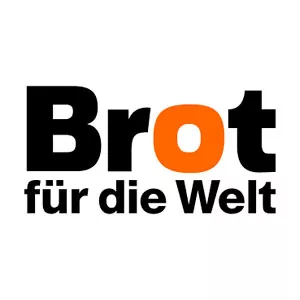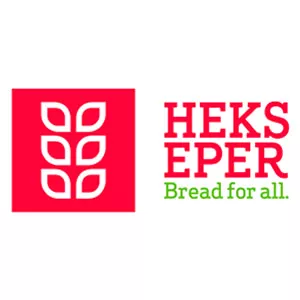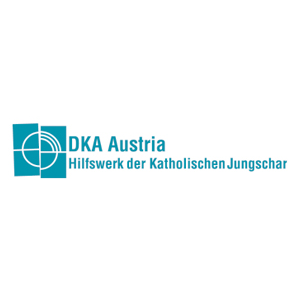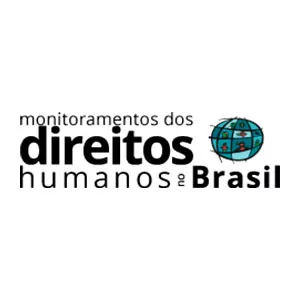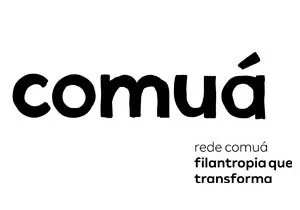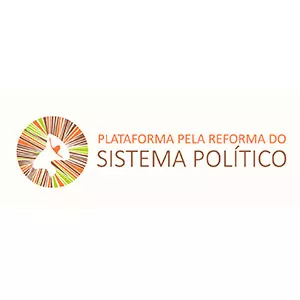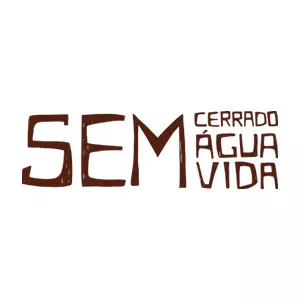Dialogue brings together representatives of several expressions of Faith in defence of the Secular State
15 de June de 2016Last Tuesday (10) night the Ecumenical Coordination of Service (Coordenadoria Ecumênica de Serviço: CESE) held a Round Table Discussion “How to be light of the world and salt of the Earth in a Secular State?” The event is part of the Salvador (Bahia) programme for the 2016 Week of Prayer for Christian Unity.
The participants entered the organization’s auditorium holding candles, which lit up the space and represented the symbolism of the Round Table theme. Sônia Mota, CESE’s Executive Director and a Pastor in the United Presbyterian Church, opened the talks, inviting reflection on the interference of demonstrations of faith in political decisions (in the Judicial, Executive and Legislative arenas) and on the role of Christians facing up to this reality.
Theologian Bianca Almeida and Pastor Bruno Almeida (Anglican Episcopal Church of Brazil) provided a historic overview of the theocratic states and a contextualization of the current Brazilian political situation. Taking Ancient Egypt and Israel as examples, Bianca considered that when such strict links between the State and Religion occur they can be damaging, harming certain religious groups.
“As churches, we must not behave like the State. It is clear that the Church cannot give up its political role, the Gospel impels us to take care of others, to perform a prophetic function. A Christian is someone who knows their people’s history and has the role of denouncing, but acting from the political position of a citizen, not of the State”, argued the theologian.
To instigate the Round Table Discussion, phrases spoken by deputies from around Brazil in the impeachment vote on 17th April were read out by participants, recalling the significant presence of fundamentalist religious discourse in political decisions.
At the Round Table, Tárcito Fernando, from Ecumenical Presence Koinonia, discussed a comment he had seen on social networks: “What is more distant, the secularism of the State or the Christianity of the Church?” And then he began to challenge all those present: “before reflecting on the Secular State, we need to discuss secular liberties. I have seen internal discourse which argues for the secularism of the State, but which only respects liberties up to a certain point, depending on their position, for example, in relation to abortion”.
CESE’s Projects and Training Advisor, Viviane Hermida, highlighted the growing dominance of religious groups in the media, such as in radio, TV and cinema, which has contributed to the propagation and homogenization of conservative concepts. Viviane also put forward reflections on the local context, recalling that last year, Municipal Anti-abortion Day was created and will be commemorated on 13 May in Salvador.
Júnior Amorim from the United Presbyterian Church of Itapagipe reinforced the need not to abandon those symbols that are dear to Christians. In the Presbyterian view, there is a need to disassociate these from conservative interest groups on the right, reclaiming their meaning for the struggles for liberty. “These groups are coordinated and we are often shame-faced. How can the ecumenical movement collaborate for unity and to broaden the counter-cultural agenda?” he inquired.
Surrounded by all the participants with candles in their hands, Henrique Peregrino from the Trinidad Community, ended the Round Table Discussion with a mystical finale, inviting everyone “to be the salt of the Earth, bringing flavour to daily life, and to be the light of the world, treading the path opened up by Christ”.


